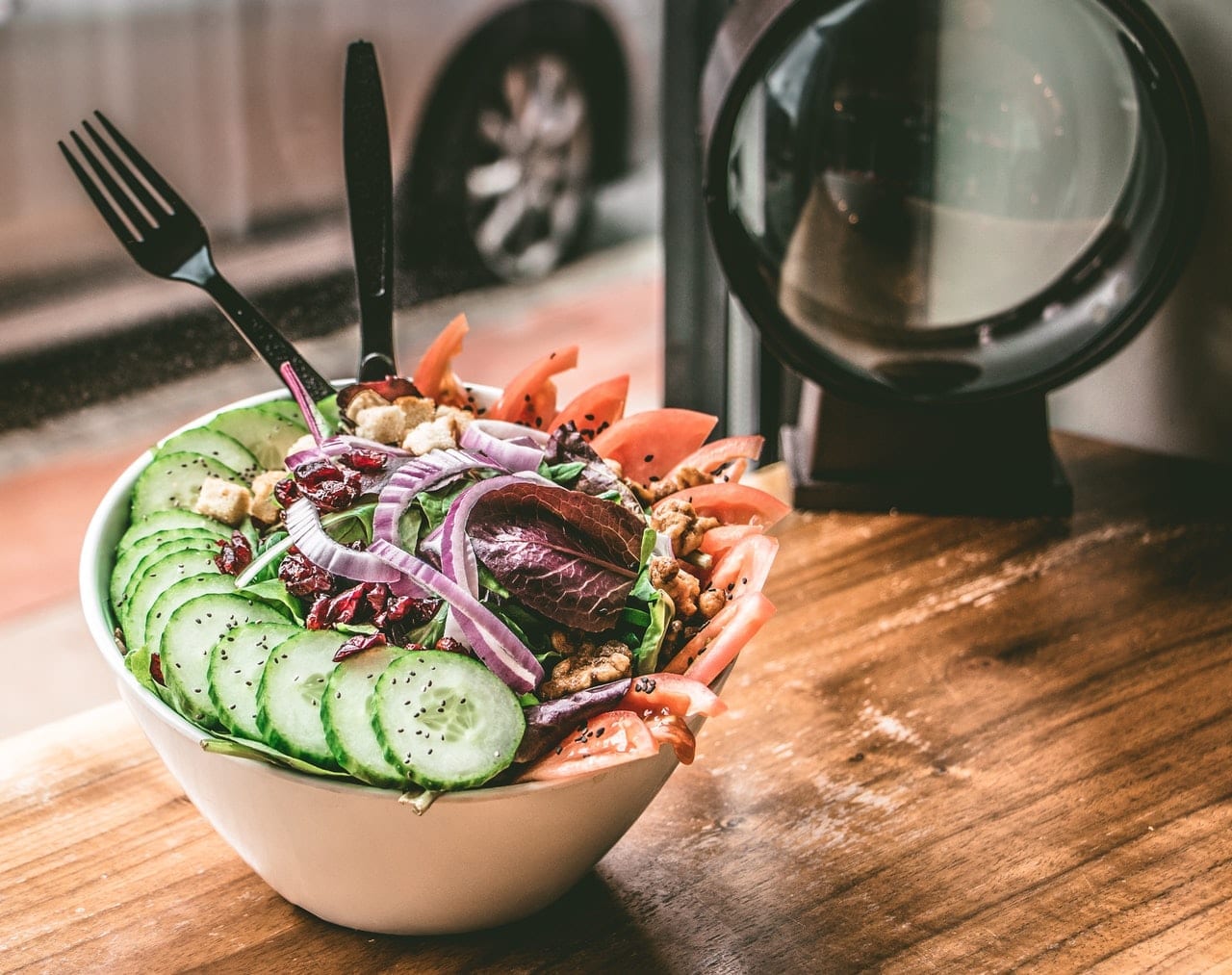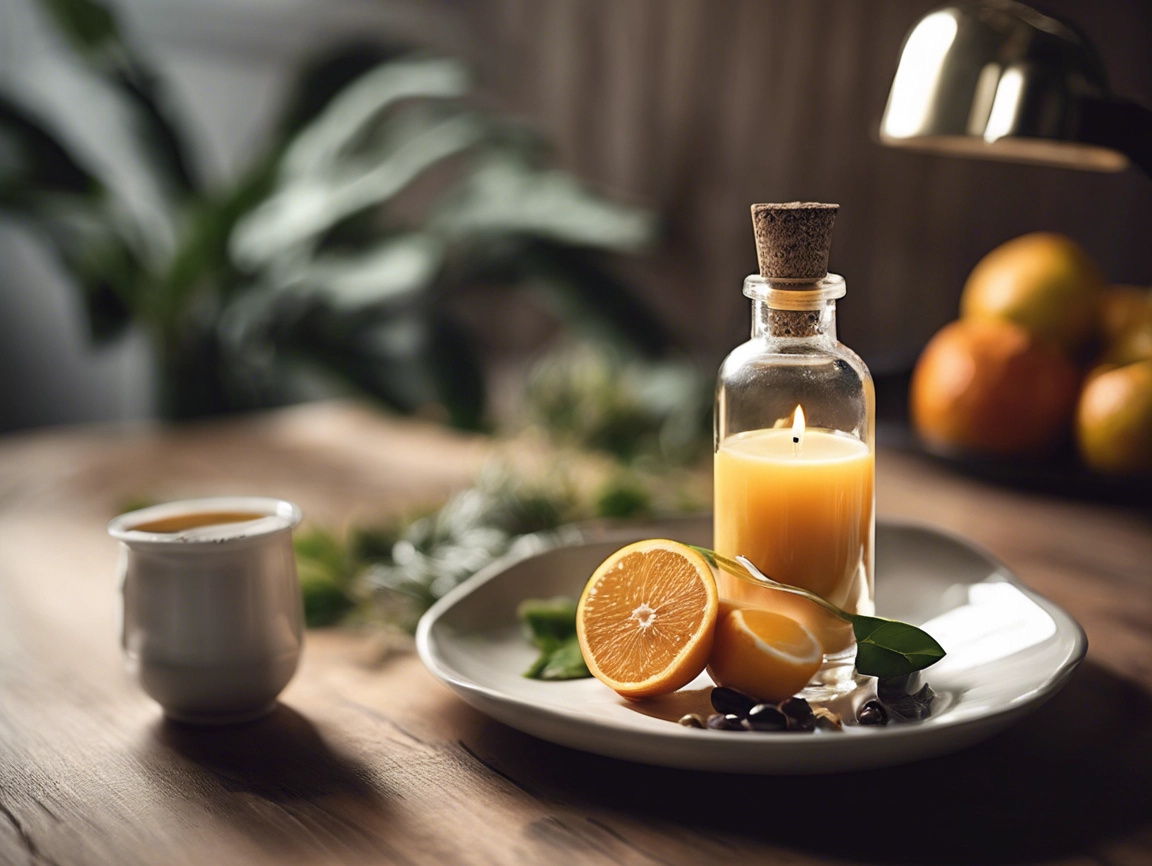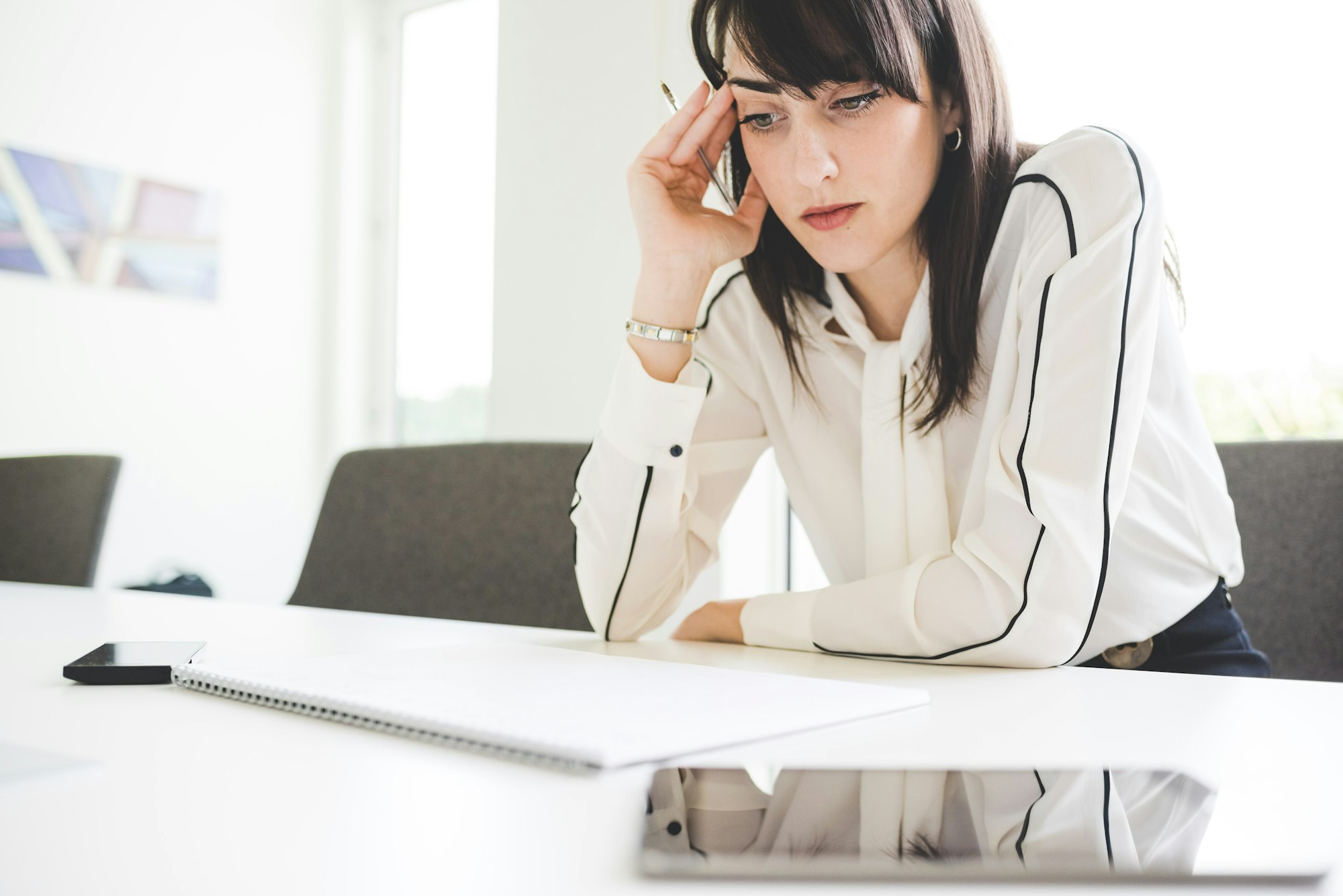There are lots of things we can do to try and get a better night’s sleep, such as making sure we have a comfy bed, keeping the temperature, light, and noise levels to a minimum in our bedrooms, and making sure we avoid stimulants like television and music before bed. But if you still find yourself tossing and turning in frustration most nights, what you eat might be the thing you’ve forgotten to consider. Here, we take a look at how what we eat, and drink affects our sleep.
Food
Melatonin is a chemical in our brain which is secreted at night by the pineal gland and is supposed to induce and maintain sleep. Melatonin production can be stimulated by Tryptophan which is a form of amino acid that is found in certain foods. These foods include poultry, dairy, nuts, seeds, and pulses so these are the foods to aim for if you struggle to sleep.
Foods to avoid are those with high sugar content as they stimulate your brain, as does anything containing caffeine. It is not only coffee that contains caffeine, but it can also be found in many foods such as ice cream and chocolate too. Complex carbohydrates which are found in things like pasta, white bread, and other baked goods reduce serotonin levels which in turn impairs sleep.
Drink
You probably know that coffee contains caffeine and is therefore definitely something to avoid before bed if you’re looking for things to help you sleep. Some people are so affected by caffeine that they can’t drink it after 2 pm if they want a good night’s sleep. There are plenty more drinks that contain caffeine without you having realized it too, such as most carbonated drinks.
Alcohol may make you feel tired, but it actually stops you from being able to have restorative, deep sleep. It also causes you to wake up in the middle of the night as well as triggering heartburn, not forgetting it’s dehydrating effects which leave you waking up feeling groggy. Sugary drinks, just like sugary food should be avoided.
Routine
It’s not just what you eat, it’s how you eat that affects how well you sleep. It is recommended that you eat your evening meal at least 3 hours before you go to bed, and avoid snacks afterward, as an intake of calories produces energy which will keep you awake. You will probably find that even if you eat early if you’ve had a large calorific meal you will still feel the effects when you go to bed.
If you often find yourself having trouble sleeping, take a good look at the kinds of food you tend to eat on average and see if they could be hindering your ability to nod off. Try to avoid sugar and complex carbohydrates, and large meals that contain a lot of calories.
Swap instead to foods that contain amino acids, such as dairy and nuts. Remember to also consider what you’re drinking and cut down on caffeine ad alcohol before bed. Lastly, don’t eat less than three hours before bed. For more health and wellbeing tips, take a look at foreverfearlessmag.com and its helpful articles such as how to learn to love working out.





One Response